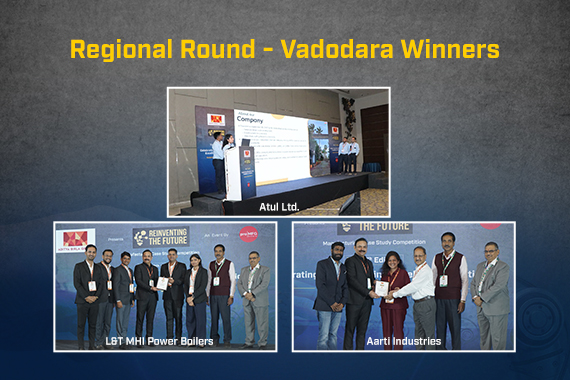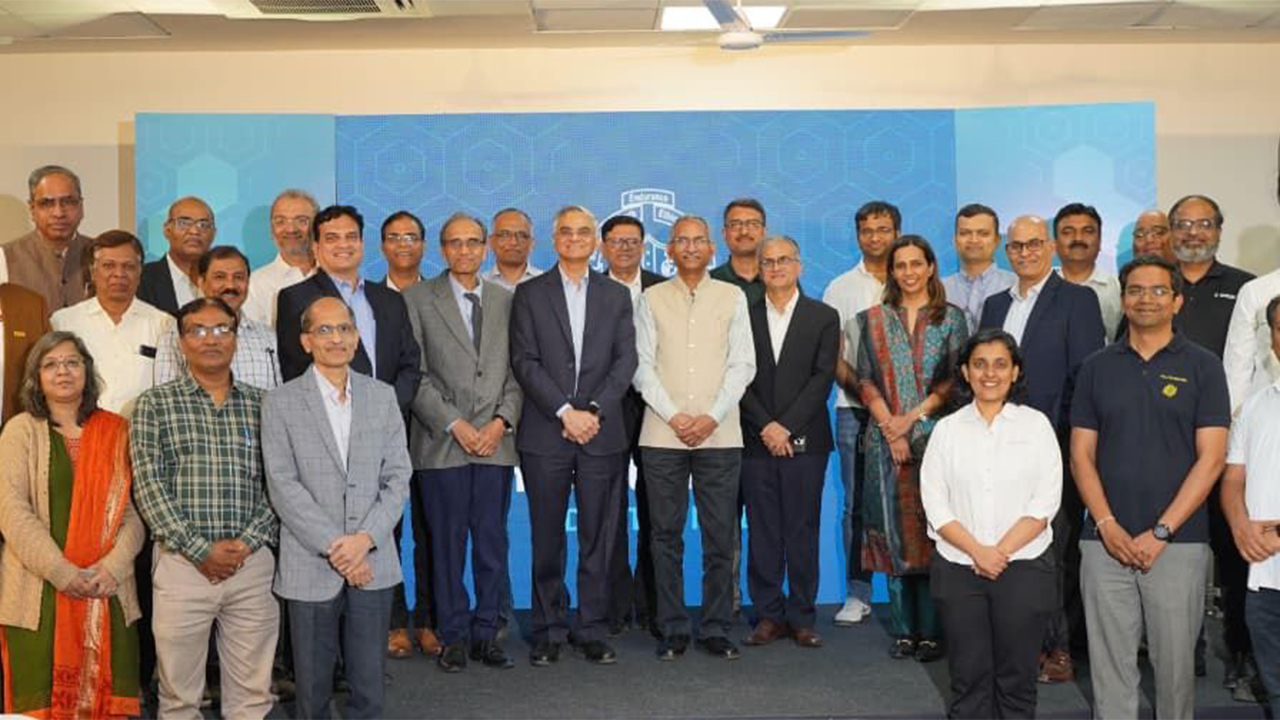Pro MFG Smart MSME Forum: Lessons from Germany’s Mittelstand
#Industry4.0 #SmartFactories #MSME #DigitalStrategyMr Manoj Barve, President and Head - BVMW - German Federal Association of SMEs, addressed the Pro MFG Smart MSME Forum with insights from the German MSME sector.
When we speak about manufacturing or any kind of industry, anything German is automatically taken as a benchmark. And there is no exaggeration in it as the German industry with its engineering prowess and the continuous quest of quality have earned it. Be it the war-torn first half of the previous century or the divided second half or the Chinese onslaught in this century, the German manufacturing industry has stood tall against all the challenges over time.
While we only know the really big ones, the Mercedes and the BMWs or the Siemens or Thysenkrupps, it is the largely unknown MSME sector that has actually been the backbone of this performance. Known as the Mittelstand, the MSME sector makes for 38% of German industrial revenue, but 58% of its value addition. These companies are mostly industrial companies, manufacturing B2B products, capital equipment, tools, machinery and engaged in mechanical, electrical automation mechatronics kind of domains. You will find them mostly in small towns or even in the countryside.
They are also called the hidden champions because they are world number one, two or three in their highly specialized focused niche or domain and are hidden because they are often not known beyond their industrial domain. And also because they are publicity shy.
But how do they do it? How does the German Mittelstand manage to have so many hidden champions?
These companies are extremely ambitious and set extremely ambitious targets. They are known for their focus on niche and depth, globalization, they start pretty early with innovation. Closeness to customers is also another advantage which along with loyalty and highly qualified employees fuel their growth. They are focused on uniqueness rather than offering everything for everybody.
Germany has an excellent ecosystem for innovation where SMEs work together with the universities, as well as a lot of different research institutes. It redefines the patents, collaborative efforts, intellectual property ownerships, cost sharing profit sharing. So, the research and development becomes much more smoother and from r&d Labs the products can be brought to the market very fast. Germans are very much famous for incremental solutions, making machines better, safer and more productive every day.
“38% of their employees are directly in contact with the customers. So, these companies become embedded in the customer’s ecosystem. Their products and services are 10 to 15% more expensive than average products, but since they are providing advice along with system integration, they provide value to the customers and then like employees, they also stay with the companies for generations. Highly qualified and loyal employees is another strength of the hidden champions”, explained Mr Barve.
One of the big reasons for such highly qualified employees is the culture in Germany. Unlike here in India, German education system emphasises on vocational/ trade training along with education. Also, the dignity of labour and the respect for skill and expertise plays a big role in bright minds opting for skilled jobs than just managerial roles.
Strong leadership is the main driving factor. The leadership is inspirational. During any crisis, they hold together. Everybody sacrifices from employees to suppliers to customers. The leaders hold it all together so that employees don't lose jobs, and companies don't lose skilled employees. The leaders are in the business, not for a month, not for quarters, but for generations. They identify what they need to do. And hidden champions have more women at the top and the top management is about 20 years with the same company compared to the sick compared to six years of the large companies.
“We are facing a big Chinese threat, India as well as Germany, and Japan. China has gone from 8.7% to almost 30% in the last 10 years and all other industrial companies and countries have lost their share in this. So, if we want to overcome the Chinese threat of world dominance, we need to learn from German Mittelstand as well as we need to unite with other nations which are strong in manufacturing. Because automation can again save the future jobs that are going to come from manufacturing and they are going to come from SMEs.” concluded Mr Barve.
NEWSLETTER
TRENDING ON PRO MFG
MORE FROM THE SECTION









